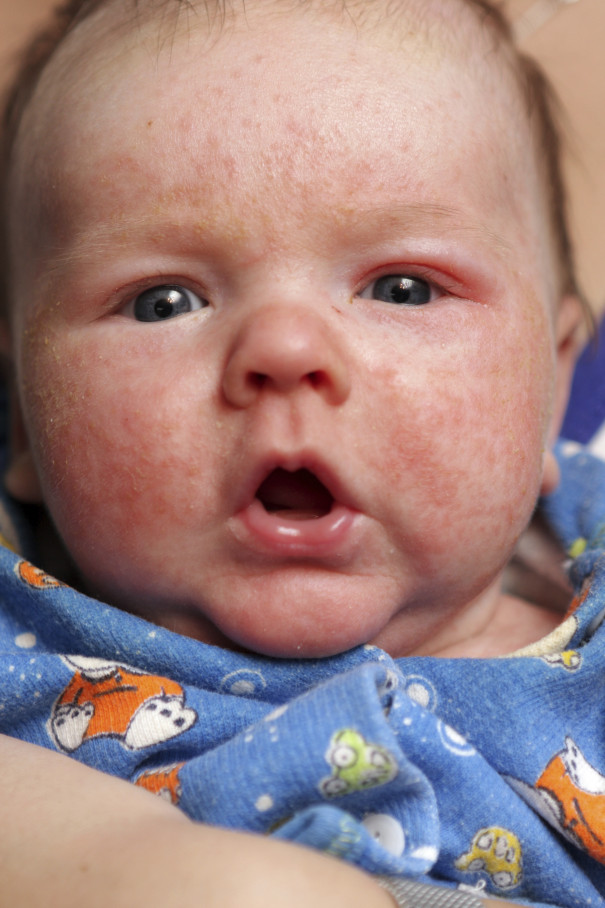How to Know if You Have a Food Allergy, According to an Allergist

Neetu Dhawan Shah, DO is a physician with Allergy & Asthma Specialists, a group practice with eight locations in Philadelphia and the surrounding areas. She has practiced as a board certified allergist/clinical immunologist since 2017.
Dr. Dhawan Shah sees patients of all ages in Blue Bell, Center City, Doylestown, and Jenkintown locations.

What is food allergy?
Food allergy is an abnormal immunological reaction, where a person develops an allergic antibody called IgE, to a specific food. With exposure to the allergenic food, the allergic immune system recognizes the food in question and activates mast cells, ultimately causing symptoms which can lead to anaphylaxis. Symptoms of anaphylaxis can range from mild to severe, including hives, swelling, wheezing, vomiting and/or even a drop in the blood pressure.

How do I know if I have a food allergy?
Having a history concerning an anaphylactic reaction is key to diagnosing food allergy. Once an appropriate evaluation is done by a trained specialist and testing is considered relevant, skin testing and/or bloodwork is obtained to detect the specific IgE to the relevant foods. Testing alone does not determine whether a person has a food allergy as it has a very high false positive rate.

What is the treatment for food allergy?
Unfortunately, there is no cure for food allergies. At this time, strict avoidance of the food in question is crucial. People with food allergy should always carry an auto injectable epinephrine in case of an anaphylactic reaction. At this time, we do have some promising treatments under investigation, including sublingual immunotherapy and oral immunotherapy, to help reduce the severity of allergic reactions in case of an accidental ingestion. The board certified allergists at Allergy & Asthma Specialists are the region’s most experienced in performing high risk food allergy testing and oral challenges as well as prescribing Peanut SLIT. A&AS is celebrating eight years of successfully transitioning many peanut allergic patients to eating 1-2 peanuts per day without a reaction using SLIT.
This is a paid partnership between Allergy & Asthma Specialists ℠ and Philadelphia Magazine


